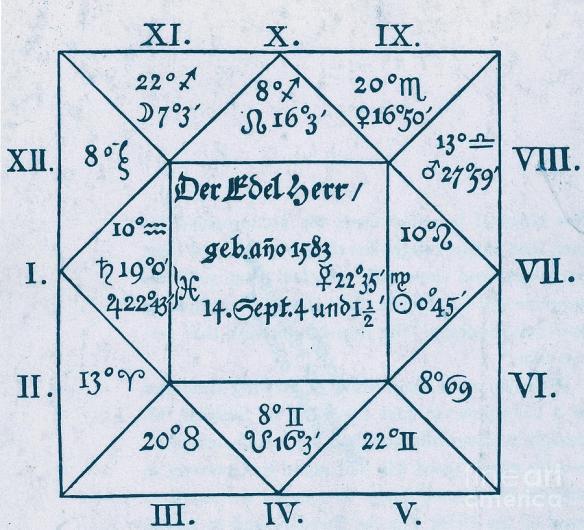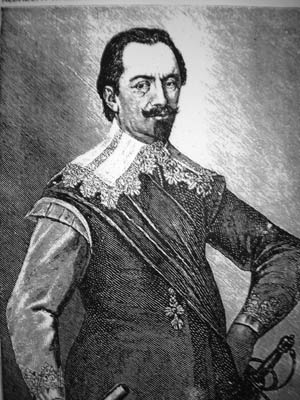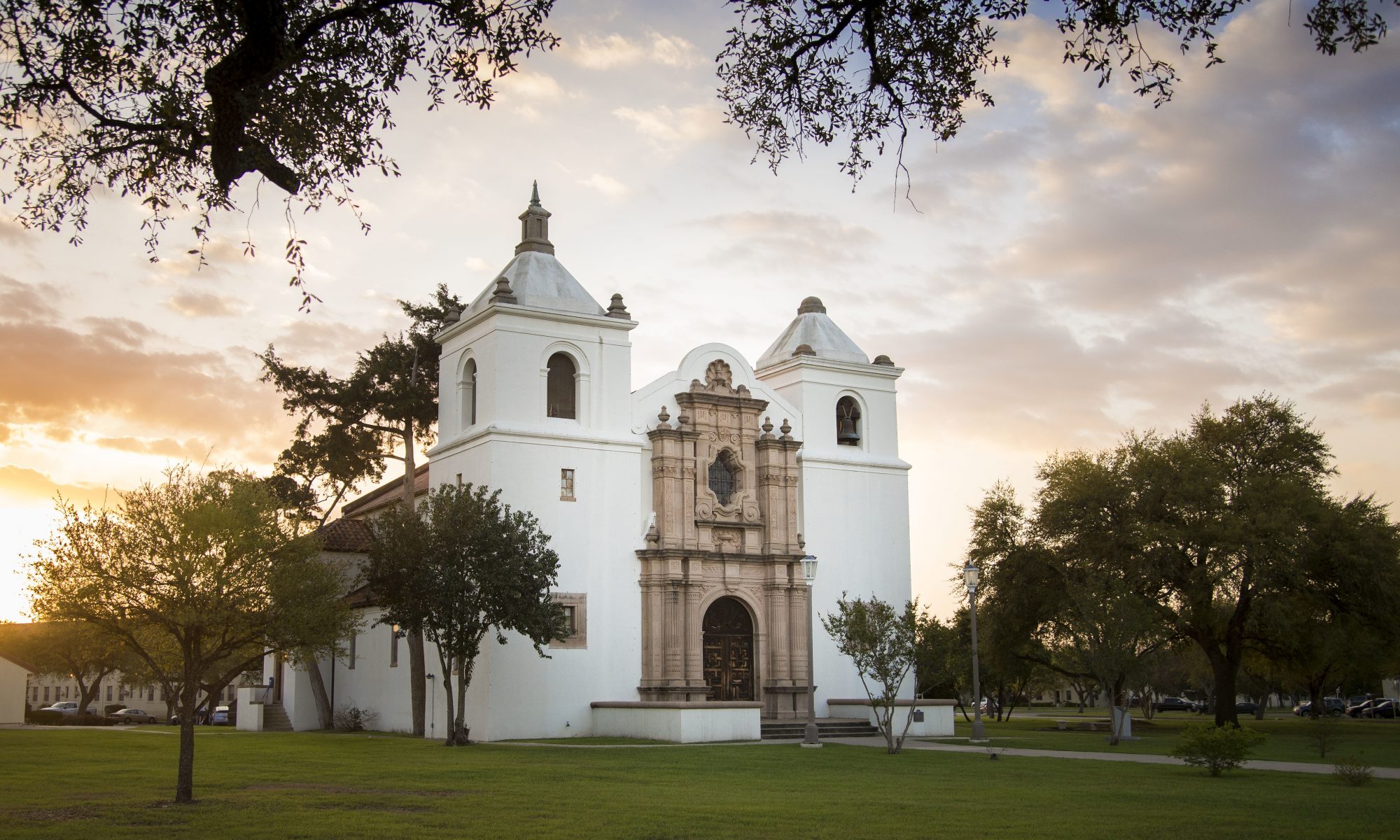“Of this gentleman, I may in truth write that he has a character alert, lively, eager and restless, curious of every kind of novelty, unsuited to the common manner and behavior of mankind, but striving after new untried or extraordinary ways; moreover he has much more in his head than he allows to be expressed or perceived… melancholy though luminous thoughts, a bent toward alchemy, magic and enchantment, community with spirits, scorn and indifference towards human ordinances and conventions and to all religions, making everything proposed by God or man to be suspected and despised… Likewise he will be unmerciful, without brotherly or nuptial affection, caring for noone, devoted only to himself and his desires, severe upon those placed under him, avid, covetous, deceitful, inequitable in his dealings, usually silent, often violent… not to be browbeaten.”
- – Johannes Kepler
Few individuals in history have lived lives of such internal conflict as Albrecht von Wallenstein, who was born on September 14, 1583 in Heřmanice, Bohemia. Wallenstein was born into a family of relatively humble means, but achieved power and prestige through a combination of military genius, opportunism and devotion to his own interests at the expense of all others’.

By trampling upon the fortunes of his rivals, he rose to a position of power that he only dared dream of before. Wallenstein would serve as the de facto Defender of the Faith for the Catholic world despite the ridicule and undermining efforts of his compatriots and superiors. I believe there is no greater story about one individual’s ambition and the deterioration of spirit and morality one must undertake in the pursuit of absolute power and personal delights.
Wallenstein’s early life saw him develop a lust for wealth, power and beauty. A proper education in the then peerless schools of Altdorf and Padua in philosophy and the arts led him to towards the baroque, not just in the arts but in life. Like the baroque period of art and architecture, Wallenstein would begin a relentless pursuit to incorporate the most extravagant and ornate of luxuries and privileges that title could grant him. In 1606, Wallenstein converted to Catholicism. Given his conduct during his entire life, I would consider this a political rather than religious move to please the Habsburg dynasty who he served. Three years later he would marry an elderly Czech widow who possessed a great number of lands and titles. This marriage was organized and ordained by the Jesuits as a holy union under God. To Wallenstein, it was a power play. He sought to inherit the Earth, starting with his widow’s vast lands in Bohemia.

Wallenstein’s fortunes became quickly attached to those of the Habsburgs. Through inequitable dealings with other landholders, and abuse of his powerful as governor of Bohemia, Wallenstein came to personally own his own large piece of the nation. He used his powers as governor to debase the Czech currency even further than it had been already, and purchased more and more lands for pennies on the dollar. In fact, Wallenstein was incorporated into the Estates of Princes of the [Holy Roman] Empire. Legally, he was his own sovereign under the rules of the Empire. Wallenstein’s star rose with the fortunes of the Habsburg empire from this point onward, so it was only prudent, and more importantly to Wallenstein, profitable, that he lend his services to the Holy Roman Emperor.
The Thirty Years War would give him such an opportunity for service, and to truly lead him on a path towards power.

That opening quote is a real killer! You paint Wallenstain very colorfully, as a man with a lust for wealth and power– just as I’m sure he was. I think it’s interesting to consider religion as a powerful tool in the pursuit of power and favor, and it would be cool to look into that. Looks like his birthday is coming up pretty soon!